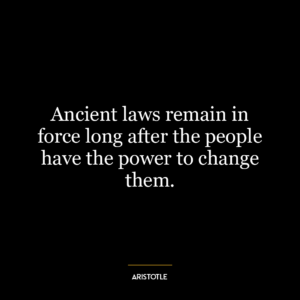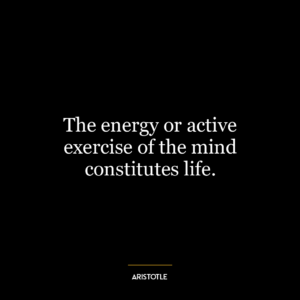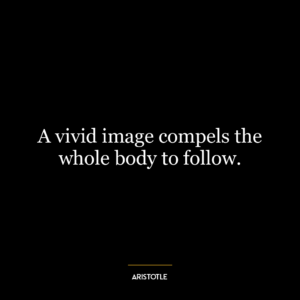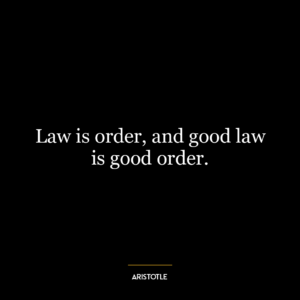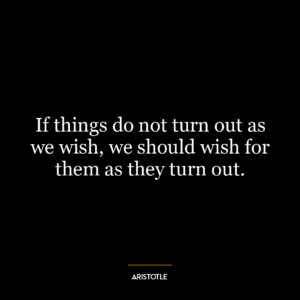This quote suggests that every action a person takes is aimed at achieving something they perceive as good or beneficial to them. In other words, we are all driven by our personal definitions of what is good, and this motivates our behavior, decisions, and actions. This ‘good’ could range from tangible rewards such as money or success, to intangible ones like happiness, satisfaction, or a sense of purpose.
The concept is deeply rooted in our pursuit of goals. Whether we’re aiming for a promotion at work, trying to lose weight, or learning a new skill, we’re motivated by the belief that achieving these goals will bring about a ‘good’ outcome – increased income, better health, or personal growth.
In today’s world, this idea is evident in the way we approach our careers, relationships, or personal growth. For instance, a person might choose to work extra hours because they believe the ‘good’ they will achieve is career advancement or financial stability. Similarly, someone might choose to end a toxic relationship, seeing the ‘good’ as preserving their mental health and wellbeing.
In terms of personal development, this notion can be applied to guide our actions and decisions towards what we perceive as ‘good.’ It can help us set meaningful goals and stay motivated to achieve them. For example, if we see knowledge as ‘good,’ we might be motivated to read more books or take up courses to expand our knowledge. If we see health as ‘good,’ we might be motivated to exercise regularly and maintain a balanced diet.
However, it’s crucial to note that what one person perceives as ‘good’ may not be the same for another. This subjectivity is what makes our pursuits diverse and unique. It’s also the reason why understanding our own definition of ‘good’ is essential as it shapes our motivations, actions, and ultimately, our lives.



